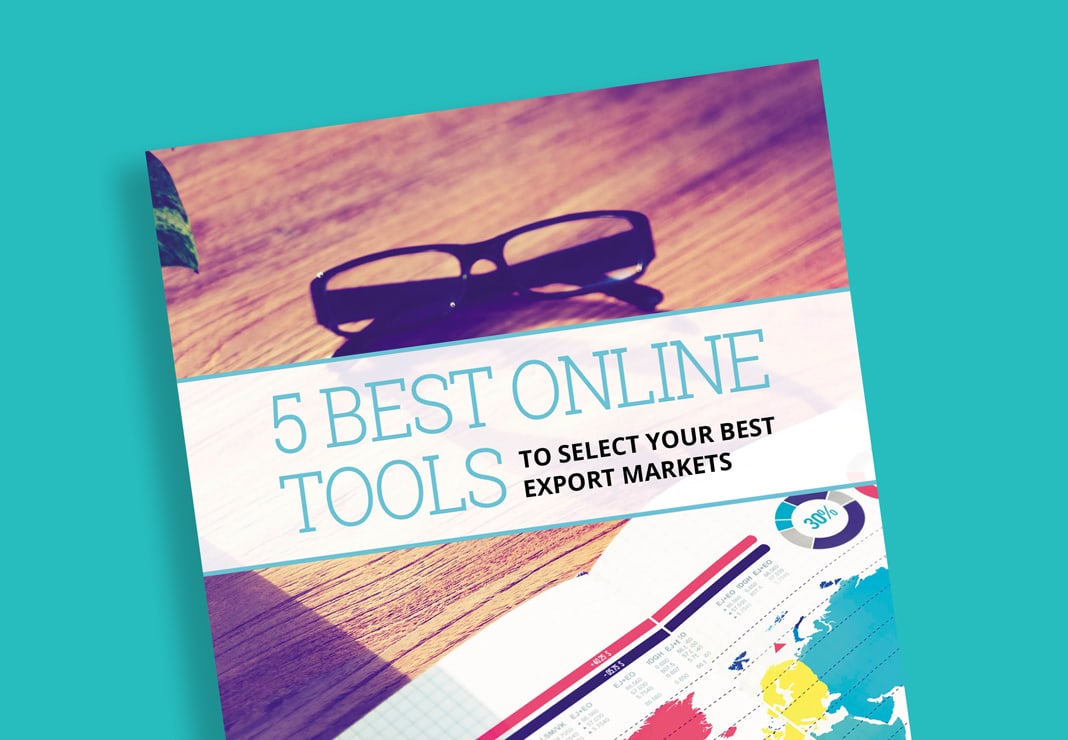After more than six months of negotiation between Angela’s company and a Thai distribution company, they are finally meeting to finalise the conditions of the licensing agreement. Angela is the business development executive for a German pharmaceutical company and they have already around 20 partners around the globe. She is used to conduct business in diverse cultural environments. Despite that, Angela is quite anxious today as it is their first Asian customer. Prasert is the CEO of a pharmaceutical distribution company in Thailand and she knew that Asian culture is very different from German culture.
So how big is the influence of the cultural factor in international development? Cultural differences are used in prediction marketing models of export success or failure for companies. How should a company apply this knowledge to their global strategies? Cultural differences have an influence, in infinite ways, on the relationship between business partners, exporters and importers and between clients and suppliers. Various studies were conducted to determine the influence of cultural factors in international management. Among them the most prominent are the Hofstede study and Globe Study. Hofstede’s cultural theory is a framework for cross-cultural dimensions, developed by Geert Hofstede. It describes the effects of a society’s culture on the values of its members, and how these values relate to behavior, using a structure derived from factor analysis. Globe Study researchers were interested in how a society’s culture influences leadership behaviors expected in that culture and whether leadership success depends on a CEO matching his/her leadership style to these societal expectations.
To prepare for the meeting, Angela reviewed the economic exchanges among both countries, Germany and Thailand, and found them quite weak. In 2017, the most important trade partners for Thailand were China, Japan, and United States. China alone has a share of 20 percent. Very good exchanges take place for pharmaceutical sector and Germany is the top supplier to Thailand. She has as well compared both countries cultural profiles and according to Hofstede Insights, the countries are quite divergent in terms of certain cultural dimensions especially for such dimensions as Individualism, Power Distance and Uncertainty avoidance.
The meeting started in the early morning and lasted for more than few hours. Prasert came accompanied by 3 employees, but he was the only one participating in the exchanges. Angela’s company was represented as well by the CEO, the Marketing Director and herself. The meeting has been very tense and difficult. Prasert was not disagreeing on the conditions proposed but his engagement was very slim. Angela knew that Thai are not confrontational so she was very careful and wanted to achieve a mutually accepted agreement. Her two colleagues were quite attentive as well and following the needed “cultural brief” Angela made for them. Suddenly, Angela’s assistant called due to a family emergency. When she came back to the meeting, she had to apologize and to explain that her son hurt himself and the school called her to inform her.
Suddenly, Thai partners became very lively and interested in Angela’s son, his age, his school. She was very surprised by this attention. She had to leave the meeting but she saw a change. Indeed, according to the Hofstede model, Thai society fosters strong relationships where everyone takes responsibility for fellow members of their group or family. Seeing Angela from a different light, meaning caring mother, might have helped them to connect between each other. Personal relationships are key to conducting business in Thailand. Progress was made on their agreement after the Thai visit. Despite that, Angela knew that she needed to dedicate more time to be able to have this business partnership work.
Doing business in Germany and in Thailand involves different expectations and different meanings. How is your global business affected by the culture factor? Do you take into consideration when you chose your next export destination? Can you share your cultural stories?




